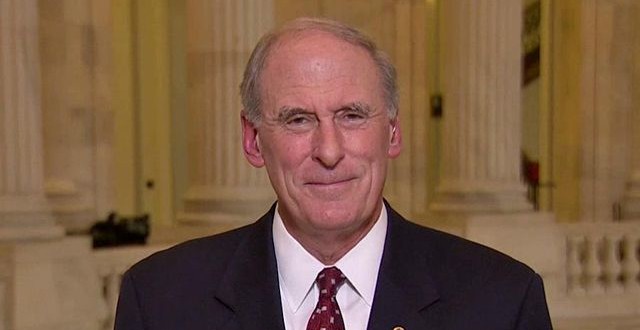WASHINGTON, D.C. — Joint Economic Committee Chairman Dan Coats (R-Ind.) delivered the following opening statement during a hearing examining the Economic Report of the President and ways the federal government can encourage economic growth:
“Chairman Furman, welcome. Vice Chairman Tiberi, Ranking Member Maloney, and I appreciate your willingness to once more continue the longstanding tradition of the Chairman of the Council of Economic Advisers testifying before the Joint Economic Committee.
“This year marks the 70th anniversary of both the Council of Economic Advisers and the Joint Economic Committee, both of which were created to advise our respective branches of government on a wide range of matters affecting the economy. We appreciate this annual opportunity to engage in dialogue with you and look forward to discussing this year’s Economic Report of the President.
“Much has been learned over the course of this slow-growth recovery, and these lessons will only continue for the foreseeable future. The current recovery has seen far slower growth than previous recoveries, and subdued expectations about economic, population, and labor force growth have placed additional pressures on federal budget constraints.
“However, I don’t accept the often mention assertion that we have entered a ‘new normal’ of slower economic growth. Policy reforms seeking to create a better tax system, rein in spending, and loosen the regulatory shackles restricting our economy can alter this trajectory by removing some of the structural barriers American workers and businesses face today.
“In my opinion, a lot of the problems we’d like to solve require us, as policymakers, to look in the mirror and see how current Federal Government policies are affecting the economy.
“In his final State of the Union address this year, President Obama stated that he wanted ‘to focus on the next five years, the next 10 years, and beyond.’ However, he omitted one of the most important issues that America faces in the coming years: the financial obligations that will come due over those time frames, and particularly in the ‘beyond.’
“Debt was not mentioned once in his address, and how to achieve fiscal sustainability was not among the four questions the President argued that ‘we as a country have to answer.’ I found this to be a glaring omission, given how our national debt has risen so sharply over the past seven years, from 10.6 trillion dollars when President Obama took office to now over 19 trillion dollars.
“This accumulation of such staggering levels of debt is nothing short of reckless, and the situation will only get worse the longer we wait to address it. According to a recently released report by the non-partisan Congressional Budget Office, in just 10 years, spending on mandatory spending programs and interest on the debt and will consume nearly 99 percent of all federal revenues. Clearly this path is unsustainable.
“If we do not work to correct this disturbing trajectory, our ability to pay for essential government functions will be severely constrained, our economy will suffer, and our national security will be at risk.
“The CEA’s Report we will discuss today devotes significant attention to inequality as a defining challenge of the 21st century. However, I think it’s important to recognize that intergenerational theft is also a form of inequality – a particularly severe one that our kids and grandkids are poised to inherit.
“Their ability to succeed in our future economy will depend largely on the decisions we make today. For the American Dream to remain attainable for future generations, we must accept the reality of our fiscal situation and act responsibly by addressing it immediately.
“I look forward to discussing these issues in more depth with Chairman Furman.”






